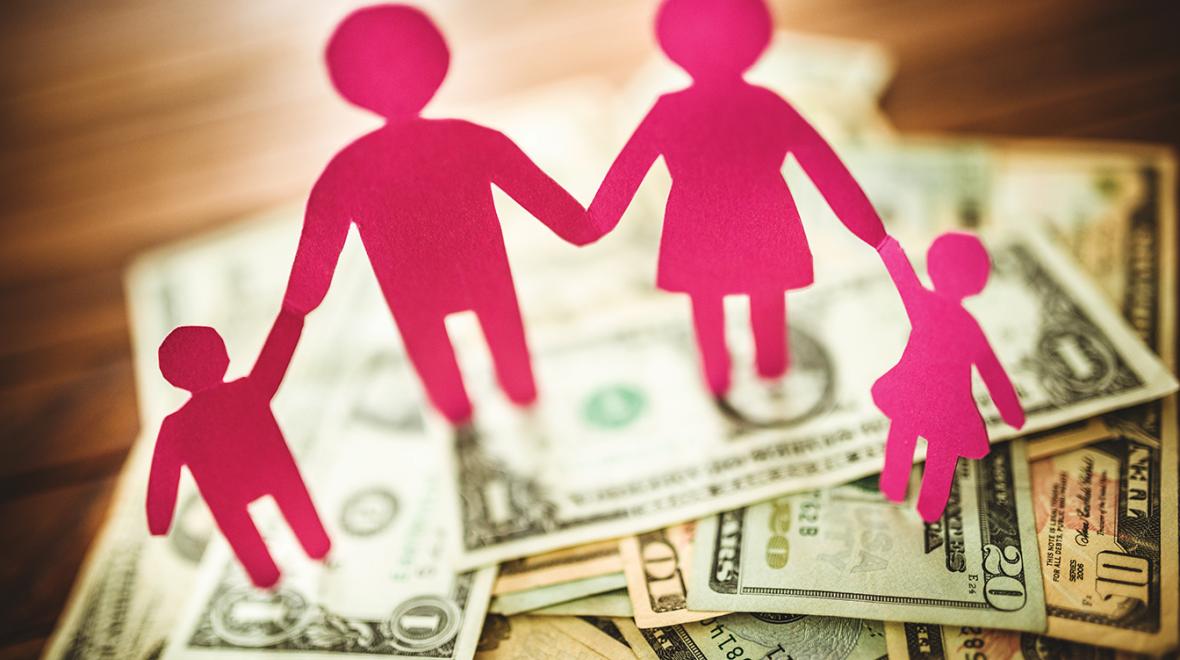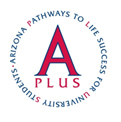Understanding Changing Family Structures and Finances
 When investigating the dynamics of family finances and family financial well-being, we no longer can reduce our understanding of a family to normative definitions or non-changing structures. MORE proudly features the work of Prof. Megan Doherty Bea, SOHE’s Assistant Professor of Consumer Science, who is motivated to understand the causes and consequences of socioeconomic and financial inequality, particularly in the American context. In her work, she brings her sociological perspective informed by law, economics, and geography and looks into the intersection of financial well-being and different family structures and familial conditions. Some of her most important research within this context is on non-traditional family structures, financial inequalities after the changes in the family structure, and financial security among young adults’ after leaving their parents’ house.
When investigating the dynamics of family finances and family financial well-being, we no longer can reduce our understanding of a family to normative definitions or non-changing structures. MORE proudly features the work of Prof. Megan Doherty Bea, SOHE’s Assistant Professor of Consumer Science, who is motivated to understand the causes and consequences of socioeconomic and financial inequality, particularly in the American context. In her work, she brings her sociological perspective informed by law, economics, and geography and looks into the intersection of financial well-being and different family structures and familial conditions. Some of her most important research within this context is on non-traditional family structures, financial inequalities after the changes in the family structure, and financial security among young adults’ after leaving their parents’ house.
Nominee of the 2021 Rosabeth Moss Kantar Award of Excellence in Work-Family research:
Peer-reviewed publication:
Conference presentation and under-review article:
PREVIOUS RESEARCH
Arizona Pathways to Life Success for University Students (APLUS)
 In today’s changing economic landscape, consumer financial choices are increasingly more complex. Young adults must quickly develop the financial decision-making skills to manage adult roles and responsibilities. Dr. Soyeon Shim, Dean & Ted Kellner Bascom Professor of the School of Human Ecology at the University of Wisconsin Madison and Dr. Joyce Serido, Associate Professor of Family Social Science at the University of Minnesota, are leading a team of researchers to find the answer to the question: How do consumers learn to make financial decisions?
In today’s changing economic landscape, consumer financial choices are increasingly more complex. Young adults must quickly develop the financial decision-making skills to manage adult roles and responsibilities. Dr. Soyeon Shim, Dean & Ted Kellner Bascom Professor of the School of Human Ecology at the University of Wisconsin Madison and Dr. Joyce Serido, Associate Professor of Family Social Science at the University of Minnesota, are leading a team of researchers to find the answer to the question: How do consumers learn to make financial decisions?
The Money, Relationships, and Equality (MORE) initiative is proud to work with the Arizona Pathways to Life Success for University Students (APLUS) research team to answer these questions through high-quality research that delves into the financial and familial lives of young adults.
Check out current publications using APLUS data here, as well as the below recently published manuscripts.
Debt, Wealth, Gender & Race
 Consumer financial decisions are also further complicated when the implications of debt are added to the mix. Dr. Fenaba Addo, Lorna Jorgenson Wendt Assistant Professor in Money, Relationships and Equality at the University of Wisconsin Madison, is researching how financial decisions are made given consumers’ demographics. The Money, Relationships and Equality initiative is proud to support Dr. Addo’s work to understand how consumers make money-related decisions given their identity and financial status.
Consumer financial decisions are also further complicated when the implications of debt are added to the mix. Dr. Fenaba Addo, Lorna Jorgenson Wendt Assistant Professor in Money, Relationships and Equality at the University of Wisconsin Madison, is researching how financial decisions are made given consumers’ demographics. The Money, Relationships and Equality initiative is proud to support Dr. Addo’s work to understand how consumers make money-related decisions given their identity and financial status.
Check out the below recently published manuscripts.
Addo, F. R., Houle, J. N., & Sassler, S. (2018). The Changing Nature of the Association Between Student Loan Debt and Marital Behavior in Young Adulthood. Journal of Family and Economic Issues, 40(1), 86–101. Su, J. H., & Addo, F. R. (2018). Born Without a Silver Spoon- Race, Wealth, and Unintended Childbearing. Journal of Family and Economic Issues, 39(4), 600–615.
MORE Fellowship
 The Money, Relationships and Equality (MORE) initiative is excited to announce their fellowship support has been extended to graduate student Angela Fitzgerald Ward. Angela is a second year student in the School of Human Ecology’s Consumer Sciences Department at the University of Wisconsin Madison, where she is studying how best to support the financial well-being of historically disenfranchised groups. The MORE fellowship is providing funding support to Angela’s current research collaboration with the Foundation for Black Women’s Wellness. This project will use qualitative data to explore factors that contribute to financial well-being for Black women residing in Madison.
The Money, Relationships and Equality (MORE) initiative is excited to announce their fellowship support has been extended to graduate student Angela Fitzgerald Ward. Angela is a second year student in the School of Human Ecology’s Consumer Sciences Department at the University of Wisconsin Madison, where she is studying how best to support the financial well-being of historically disenfranchised groups. The MORE fellowship is providing funding support to Angela’s current research collaboration with the Foundation for Black Women’s Wellness. This project will use qualitative data to explore factors that contribute to financial well-being for Black women residing in Madison.

